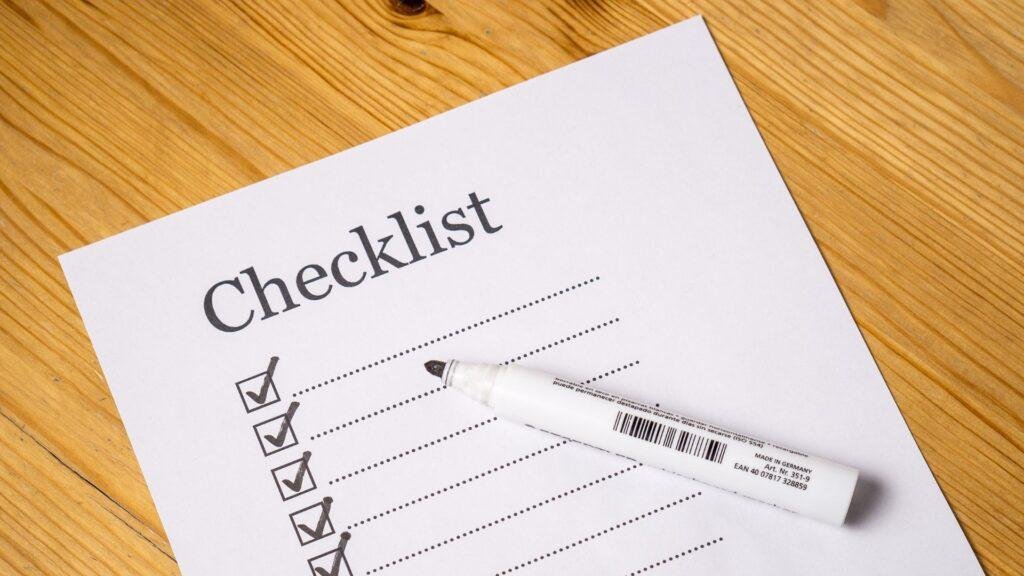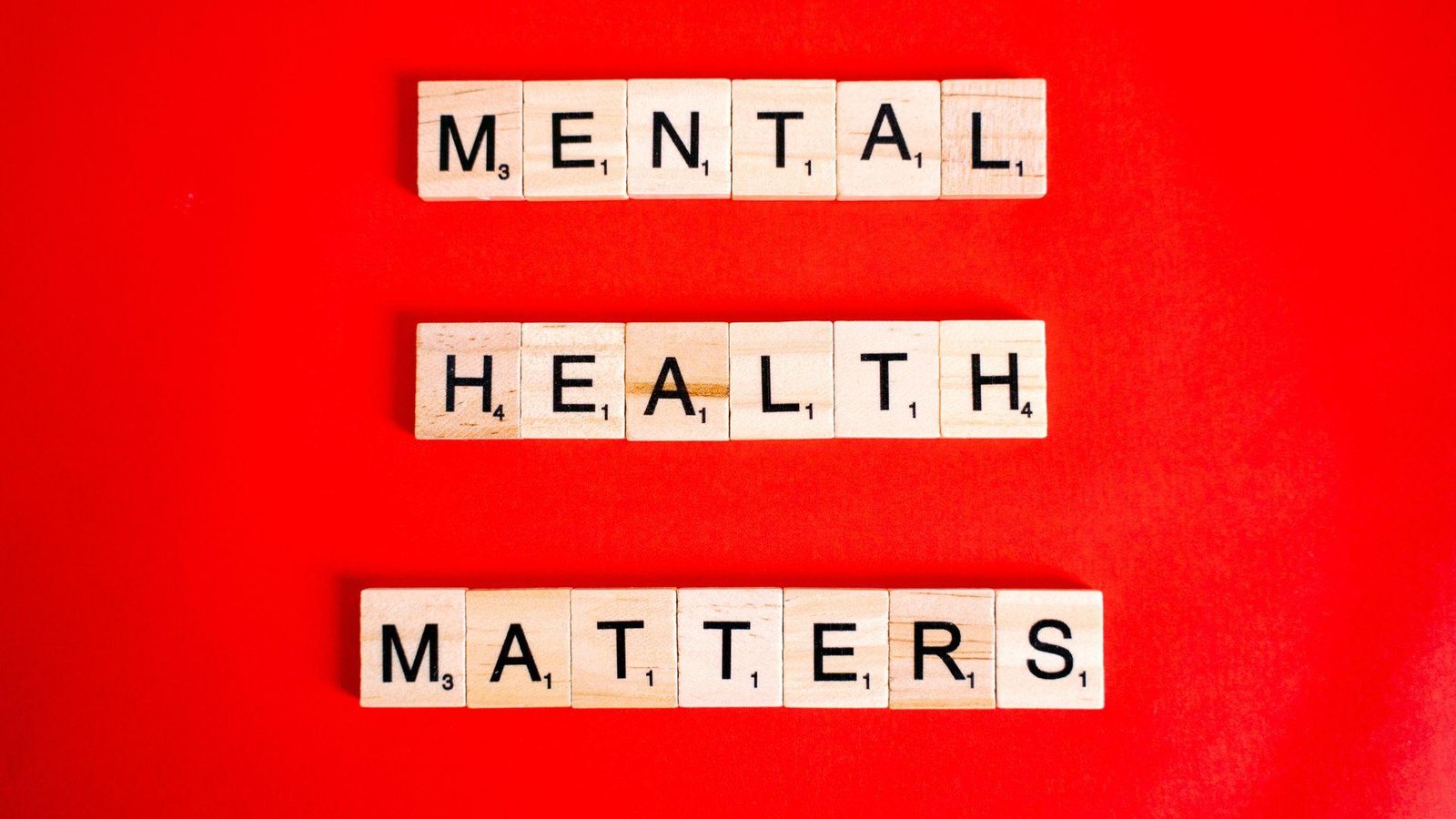In today’s fast-paced world, stress has become an almost inevitable part of daily life. While a certain amount of stress can be beneficial, pushing us to perform under pressure and meet deadlines, chronic stress can have a detrimental impact on various aspects of our health, particularly our mental acuity. Mental acuity, which encompasses cognitive functions such as memory, attention, and problem-solving skills, can be significantly impaired by prolonged exposure to stress. Understanding the impact of stress on mental acuity and learning how to manage it effectively is crucial for maintaining optimal brain health and overall well-being.
What is Mental Acuity?
Mental acuity refers to the sharpness or keenness of the mind, encompassing various cognitive functions such as memory, concentration, problem-solving, and the ability to process information quickly and efficiently. It is the capacity to think clearly, reason logically, and react swiftly to new information or changing circumstances. Mental acuity is crucial for performing everyday tasks, making decisions, and navigating complex situations effectively.
Several factors influence mental acuity, including genetics, lifestyle, and overall brain health. Engaging in regular mental exercises, maintaining a healthy diet, getting adequate sleep, and managing stress are essential for preserving and enhancing mental sharpness. Conversely, chronic stress, poor nutrition, lack of sleep, and a sedentary lifestyle can negatively impact cognitive function, leading to decreased mental acuity.
Mental acuity is not static; it can be improved or diminished over time based on various internal and external factors. Regularly challenging the brain with new activities, learning new skills, and maintaining social interactions are all effective ways to boost mental acuity. Ultimately, mental acuity plays a vital role in overall well-being and quality of life, underscoring the importance of proactive cognitive health management.
The Impact of Stress on Mental Acuity
1. Impaired Memory and Learning
One of the most well-documented effects of chronic stress is its negative impact on memory and learning. Stress hormones, particularly cortisol, can affect the brain’s hippocampus, a region crucial for forming and retrieving memories. High levels of cortisol over prolonged periods can lead to atrophy of the hippocampus, resulting in difficulties with memory retention and recall. This can manifest as forgetting important details, struggling to remember new information, or experiencing a general sense of mental fog.
2. Reduced Attention and Concentration
Stress can also impair attention and concentration, making it challenging to focus on tasks and process information efficiently. The prefrontal cortex, the part of the brain responsible for executive functions such as attention, decision-making, and impulse control, is particularly sensitive to stress. When stressed, the prefrontal cortex’s ability to regulate thoughts and actions diminishes, leading to difficulties in maintaining focus, increased distractibility, and a decrease in overall productivity.
3. Decision-Making and Problem-Solving Difficulties
Effective decision-making and problem-solving require a clear and focused mind. However, stress can cloud judgment and lead to impaired decision-making abilities. Under stress, individuals may become more impulsive, rely on habitual behaviors rather than thoughtful analysis, and struggle to weigh the pros and cons of different options. This can result in poor decision-making and an inability to solve problems effectively, further exacerbating stress levels.
4. Emotional Regulation and Mental Acuity
Chronic stress can also affect emotional regulation, which in turn impacts mental acuity. Stress can lead to heightened emotional reactivity, making it harder to manage emotions and maintain a balanced perspective. Emotional disturbances, such as anxiety and depression, often accompany chronic stress and can further impair cognitive functions. When emotions are not well-regulated, it becomes challenging to think clearly, make rational decisions, and solve problems efficiently.
How to Manage Stress to Preserve Mental Acuity
Recognizing the impact of stress on mental acuity is the first step towards mitigating its effects. Implementing effective stress management techniques can help preserve cognitive functions and enhance overall mental well-being. Here are several strategies to manage stress and maintain mental acuity:
1. Practice Mindfulness and Meditation

Mindfulness and meditation are powerful tools for managing stress and improving mental acuity. Mindfulness involves paying attention to the present moment without judgment, which can help reduce the impact of stress on the brain. Regular meditation practice has been shown to lower cortisol levels, enhance emotional regulation, and improve attention and concentration. Even a few minutes of mindfulness or meditation each day can make a significant difference in managing stress and preserving mental acuity.
2. Maintain a Healthy Lifestyle
A healthy lifestyle plays a crucial role in managing stress and supporting cognitive function. Regular physical exercise is particularly effective in reducing stress levels and promoting brain health. Exercise increases the production of endorphins, which are natural stress relievers, and enhances blood flow to the brain, improving cognitive function. Additionally, a balanced diet rich in fruits, vegetables, whole grains, and lean proteins provides essential nutrients that support brain health and reduce the impact of stress.
3. Prioritize Sleep

Adequate sleep is essential for maintaining mental acuity and managing stress. Chronic stress can lead to sleep disturbances, and insufficient sleep can exacerbate the effects of stress on the brain. Prioritizing good sleep hygiene, such as maintaining a consistent sleep schedule, creating a relaxing bedtime routine, and minimizing exposure to screens before bed, can help improve sleep quality and reduce stress levels.
4. Develop Healthy Coping Mechanisms
Developing healthy coping mechanisms is crucial for managing stress effectively. Techniques such as deep breathing exercises, progressive muscle relaxation, and engaging in hobbies or activities that bring joy can help alleviate stress. It’s important to identify what works best for you and make time for these activities regularly. Avoiding unhealthy coping mechanisms, such as excessive alcohol consumption or overeating, is also essential for maintaining mental acuity.
5. Foster Social Connections

Strong social connections can act as a buffer against stress and enhance mental acuity. Spending time with friends and family, engaging in meaningful conversations, and seeking support from loved ones can provide emotional comfort and reduce stress levels. Social interactions stimulate cognitive functions, promote emotional well-being, and provide a sense of belonging, all of which contribute to better stress management and mental acuity.
6. Manage Time Effectively

Poor time management can contribute to stress and impair mental acuity. Learning to prioritize tasks, set realistic goals, and break tasks into manageable steps can help reduce stress and improve productivity. Techniques such as the Pomodoro Technique, which involves working in focused intervals with regular breaks, can enhance concentration and prevent burnout. Effective time management allows for a better balance between work and personal life, reducing overall stress levels.
7. Seek Professional Help
If stress becomes overwhelming and starts to significantly impact your mental acuity and overall well-being, seeking professional help is important. A mental health professional can provide strategies and support tailored to your specific needs. Cognitive-behavioral therapy (CBT), for example, is an effective approach for managing stress and improving cognitive function. Therapy can help you develop healthier thought patterns, improve emotional regulation, and enhance overall mental acuity.
Final Word From Blissed Men
Stress is an inevitable part of life, but its impact on mental acuity can be profound if left unmanaged. Chronic stress impairs memory, attention, decision-making, and emotional regulation, all of which are crucial for maintaining cognitive function and overall well-being. By understanding the effects of stress on mental acuity and implementing effective stress management techniques, we can preserve our cognitive abilities and lead healthier, more fulfilling lives. Prioritizing mindfulness, a healthy lifestyle, adequate sleep, healthy coping mechanisms, social connections, effective time management, and seeking professional help when needed are all essential steps in managing stress and maintaining mental acuity. Remember, taking care of your mental health is just as important as taking care of your physical health, and both are crucial for a sharp and resilient mind.

